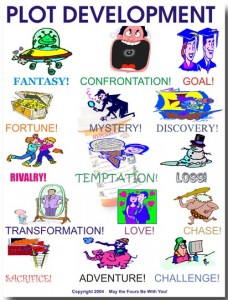 There is nothing in a caterpillar that lets you know it will someday become a butterfly…
There is nothing in a caterpillar that lets you know it will someday become a butterfly…
When you think about plot, story, many things may come to mind: compelling characters, twists, unique situations and emotional ties to the reader…. at least in good plots, right? But the question most writers want the answer to is “how?” How did Tsugumi Ohba create such a compelling story, how did C.S. Lewis write multiple stories that were fresh and unique?
These are the C’s in Success… in school “C” meant average, when you have the following C’s you are an average writer, so then you must take those C’s and turn them into A’s.
Step 1: Connection.
Much of the great pieces of literature are very detailed and vivid when it comes to the theme and situations, why, because in most of these legendary pieces the writer had experiences with. John Steinbeck lived during the great depression, and most of his writings revolve around that time period. His critically acclaimed novels and short stories were amazing because he actually had experience with the things he was writing about, in the same sense when you try to create a plot or story, especially your first major writing, try to make it relate to you. You can finally begin to generate a functional story that has meaning and relevance.
Step 2: Courage
You are about to start writing your story, but your fingers hesitate at every word, this is a common form of unstable and fearful thoughts. You need to remember when you are writing, nothing is set in stone, you can go back and change it later. Some writers quit because they feel like they don’t have the motivation or the rewards in the end to finish. Let’s face it, we all write books for sales, but you will never get sales if your book sucks. Even if it looks like crap now, remember all art work starts with a single line. There is nothing on a caterpillar that tells you it’s going to become a butterfly. Just write what comes to mind instantly and improve it later if needed.
Step 3: Creativity
The robber stole the diamond and the store clerk tried to find him. That’s not creative is it? The robber stole the jewels from the castle and the king ordered a full scale search for him. That is a little better right? How about let’s try to make it better. When being creative it is important to actually not be concentrated, let your mind wonder in the farthest depths of subconscious thought. Read and study as much great stories as possible, then throw out everything that made those stories bad. Sounds easy right? A story isn’t built upon one gimmick, but several. Just because it has vampires in it doesn’t mean it will be popular, an honest work will receive its own reward. Now let’s try to improve the plot that was stated in the first sentence: The evil sorcerer stole the gem of good hope in the hopes he could stop his own spell from destroying the entire world, the king orders a full scale attack on the evil sorcerer who tries to explain how he was trying to save the world, and from there you can try to fill in the rest of the blanks. Just for fun, don’t try actually using this plot scenario as your story… it most likely has already been done.
Step 4: Conclusion
The most famous saying about writing a book, novel, manga or movie is first knowing how you want it to end. That way you can control every even that leads up to the end. You should plan ahead every chapter and think, “how will this chapter close the gap from the previous one to the next one. A final conclusion to the story should also be considered throughout the entire writing of the story because you want every action and plot and subplot to be tied up in the end of the story, the only exception is if you want to puzzle the reader or have a sequel. A book with a bad conclusion will ruin the entire book for anyone… most likely.
These are the basic steps to creating your story, these steps not only apply to book writing, but also to your own life as well, how can you go to school without knowing ahead of time what you want to be when you grow up…. and be successful? (Conclusion) How will you even enjoy your life without possessing some sort of internal source of entertainment and uniqueness? (Creativity) Keep these in mind when writing, these C’s are only the standard, the average, you will still need to improve upon them and maybe even add to them….. Good luck and remember to enjoy what you do!
Get an Editorial Review | Get Amazon Sales & Reviews | Get Edited | Publish Your Book | Enter the SPR Book Awards | Other Marketing Services




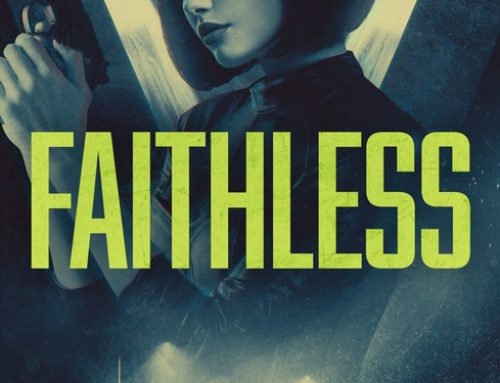
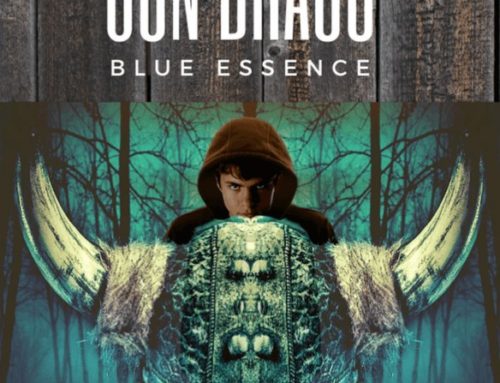

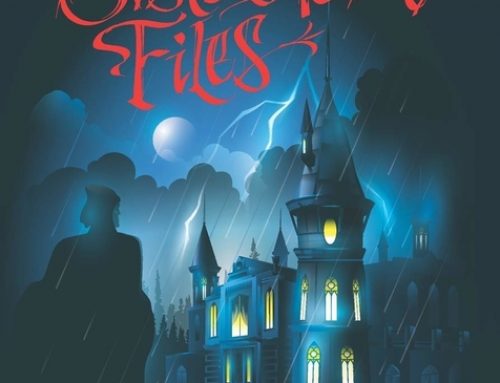



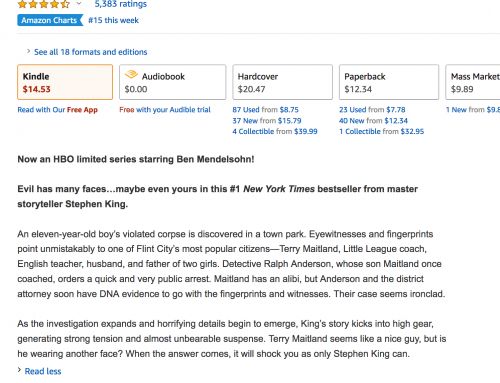










Leave A Comment